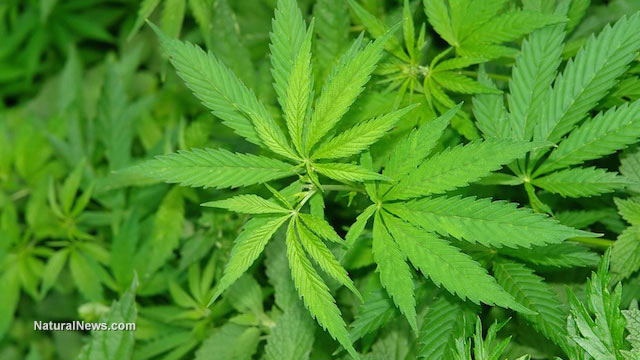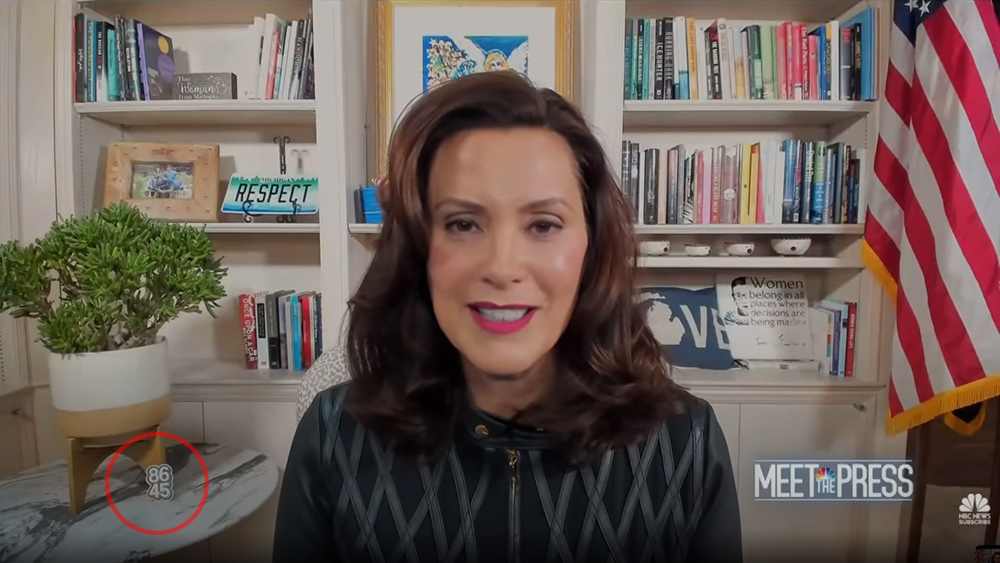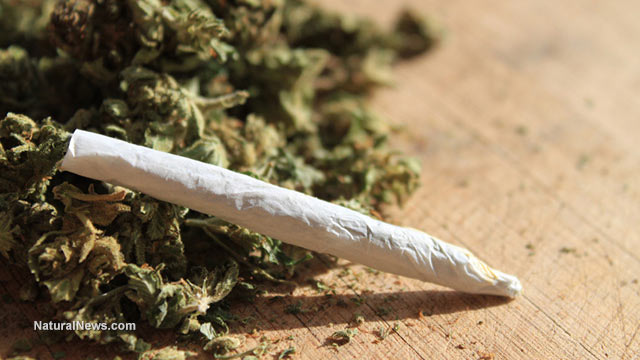
Advertisement
The laws against cannabis vary from one region to the next, and differ from the state to the federal level. There is no absolute standard when it comes to the law. All law enforcement officers and judges react to cannabis differently and punish at their own discretion. With cannabis, the law is interpretive and this negatively impacts low income demographics, especially poor African American communities.
Americans growing increasingly disgusted by discriminatory, irrational cannabis laws
Kentucky Senator Rand Paul spoke about the discrimination in 2014, reaching out to the inner cities of Philadelphia, Baltimore and the south side of Chicago, where more poor African American communities are adversely affected by these laws. “I think that the law needs to be fair and that we shouldn’t incarcerate one race more than another and I think the law should be fair in the sense that the penalties should be proportionate to the crime,” Rand said in a 2015 interview.
“You can kill someone in Kentucky and be eligible for parole in 12 years, but we have people in jail for marijuana sales for 55 years, life, 20 years, 25 years. We’ve gone too far in all of this and then when you add up the numbers, even the white kids and black kids use marijuana at about the same rate and in national surveys the arrests and incarceration rate is four times greater for black males than it is for white males,” Paul states.
New legalization efforts at the state level take away the prison time for cannabis use, but at the federal level, the Drug Enforcement Agency continues to treat the cannabis plant as a schedule one drug. To this day, the DEA asserts authority over cannabis users with SWAT tactics and then sentences them to mandatory minimum prison time.

Is prison time ever fair when it comes down to people making decisions as to what goes into their own bodies? People who use cannabis are committing no violent crime against another person. In some cases, people access cannabis for more than just a high; there are other cannabidiols that the plant offers for medicinal purposes. Is prison time fair for people who seek strains of cannabis for their child’s seizures? Is prison time fair for people who seek cannabis to curb the nausea and pain that comes with their debilitating chemotherapy cancer treatments?
Wasting law enforcement resources
The most dangerous thing about cannabis is being caught with it. This only leads to negative attitudes toward law enforcement and unnecessary suspicions and confrontations. Considerable law enforcement resources are wasted targeting cannabis and cannabis users. Those same resources and energy could be used to stop violent drug offenders who tweak out on methamphetamine, narcotics, and other mind altering prescription drugs that cause psychotic, violent side effects. From 1999 to 2014, overdose from prescription opioids have quadrupled, leading to more than 165,000 deaths in the US.
There is no “fair prison sentence” for cannabis use
There is no fair prison sentence for someone who uses cannabis because they are harming no one; in fact, they may actually be benefiting themselves or others. With more growers breeding cannabis for its other health-promoting cannabidiols, prison time for cannabis use becomes an insane concept. Why would we punish people who are seeking a healthy alternative for pain management? Are laws against cannabis just there to protect pharmaceutical monopolies on drugs that kill hundreds of thousands of people?
The Office of National Drug Control argues that cannabis laws are fair. The organization estimates that only 186 people have received sentences for simple possession and 63 people have actually served time behind bars.
However, since 1992, a whopping 5.2 to 6 million Americans have been arrested over this plant. Fines and jail time fall on these people indiscriminately. None of it is fair. Take the case of Bernard Noble. With two other “nonviolent offenses” on his record, he got busted with a small amount of cannabis. At age 45, he ended up serving a 13 year sentence in prison.
Today, you can still receive “71 months” or almost 6 years for trafficking cannabis, which is often worse than what some people get for robbery or sexual assault. Very soon, the laws on cannabis must either be changed to eliminate discriminatory interpretation, or stripped away for good. After all, cannabis is a plant first. The psychoactive compounds (THC) that can be considered “drugs” are already proven safer than supermarket sugar products, prescription drugs, or alcohol.
Sources:
Submit a correction >>
This article may contain statements that reflect the opinion of the author
Advertisement
Advertisements















